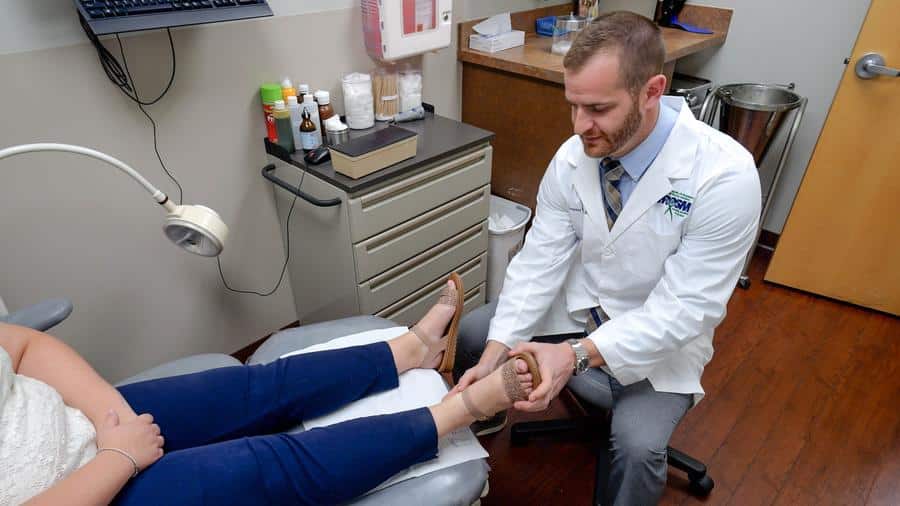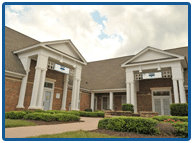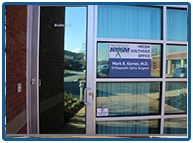PODIATRY SERVICES
Excellent Foot and Ankle Care in Yorktown, Newport News, Suffolk and Williamsburg, VA
Hampton Roads Orthopaedics Spine & Sports Medicine’s Podiatry: Foot & Ankle Program features the most advanced and innovative modalities. Dr. Keller has been providing quality foot and ankle care to area Hampton Roads residents for over 25 years. Dr. Keller, Dr. Brassell and Dr. Dreikorn believe each patient deserves to have the information needed to make good choices about their foot and ankle care. Their goal is to educate each patient and begin a relevant treatment program with the highest quality of care available. Whatever your foot and ankle trouble, Dr. Keller, Dr. Brassell and Dr. Dreikorn will work with you to find the answers that will comfort and bring you relief. Our expert podiatrists treat patients at our Yorktown, Newport News, Williamsburg and Suffolk locations.
MEET OUR FOOT & ANKLE SPECIALISTS
Thank You for Your Support
AWARD WINNING PODIATRY CARE
Hampton Roads Orthopaedics Spine & Sports Medicine is honored to have received the 2023 and 2022 Coastal Virginia Magazine’s Best Of Readers’ Choice Award for “Best Podiatry Group”. Thank you to all our incredible patients for your support. We couldn’t do this without you!
Podiatry FAQs
We have outlined some frequently asked questions about podiatry below. Whether you’re looking for foot and ankle care in Yorktown, Newport News, Williamsburg or Suffolk, we want you to feel as educated as possible about your care. If you have any additional questions or concerns, we will be happy to address them. Don’t hesitate to reach out to us by calling (757) 873-1554.











